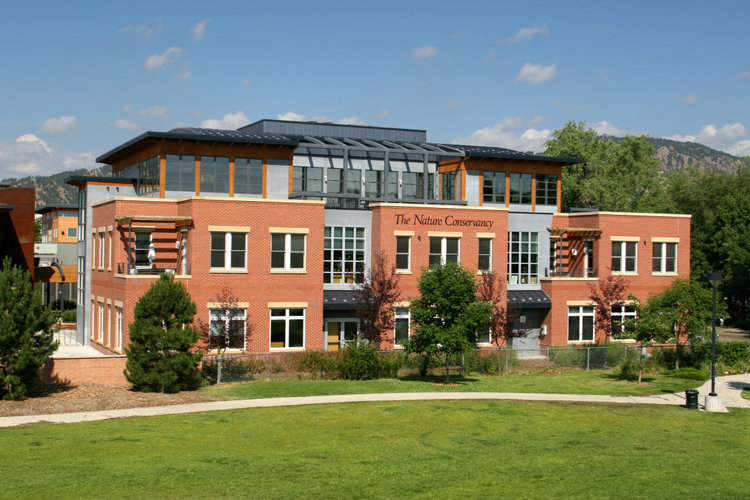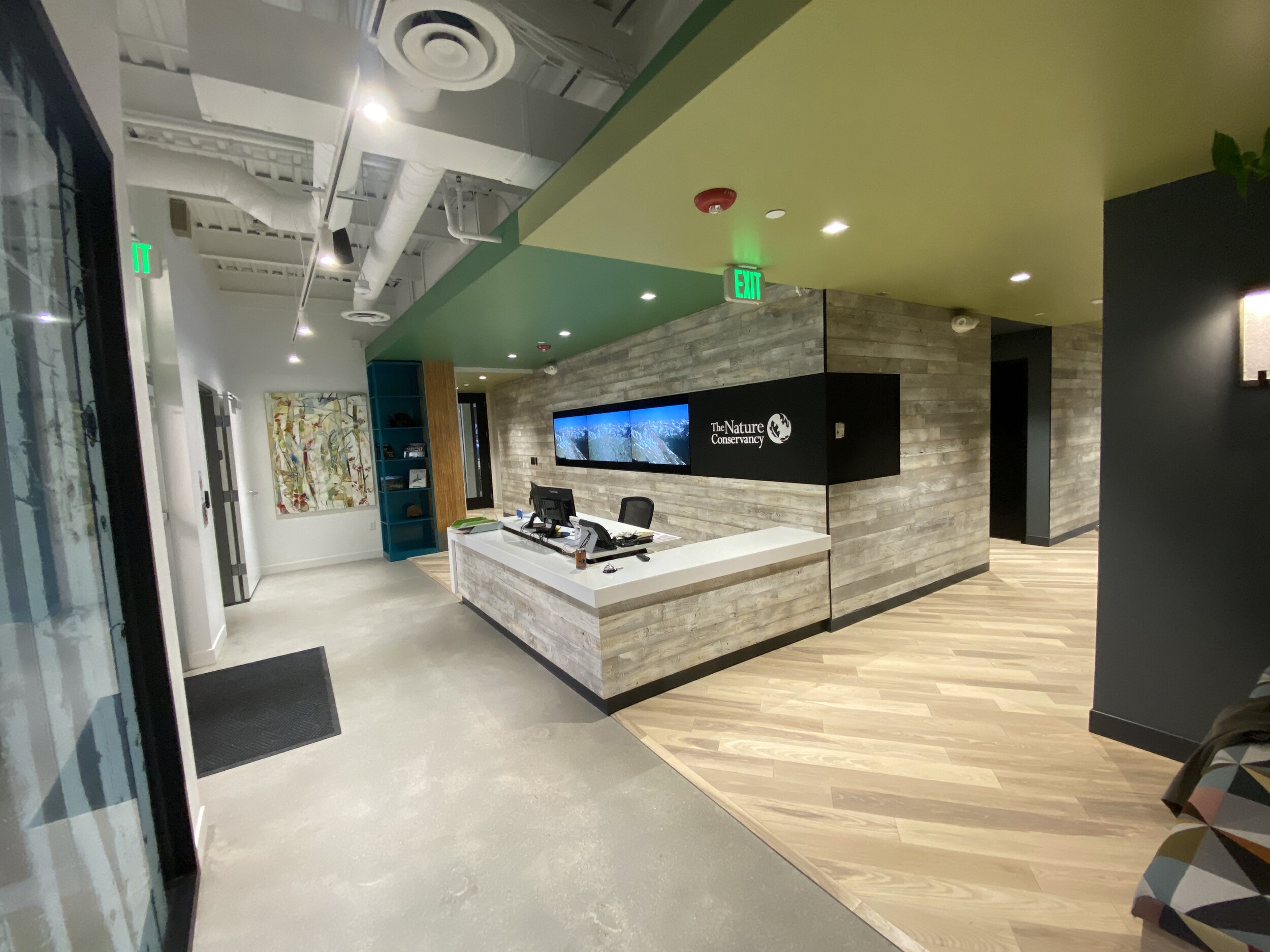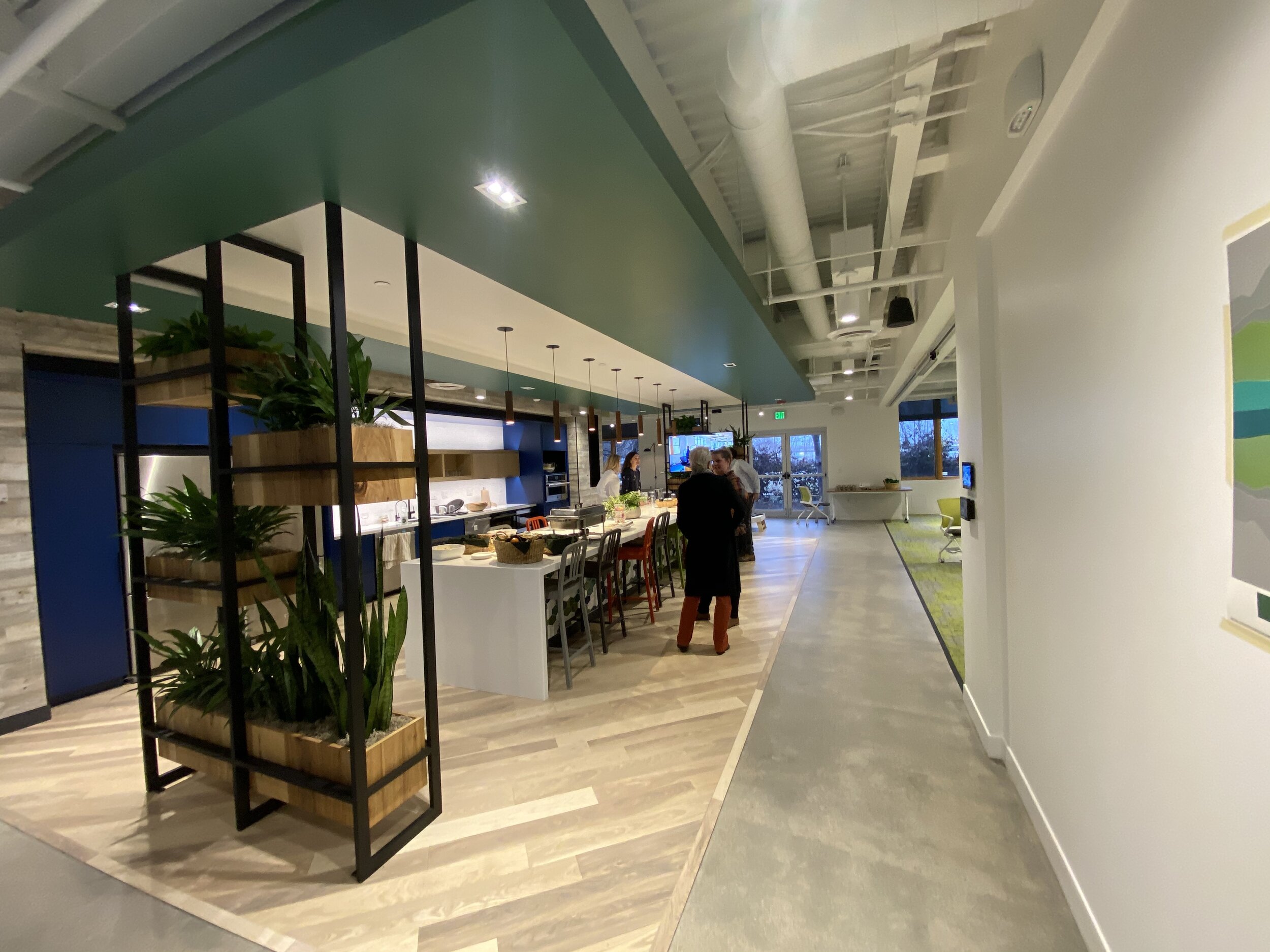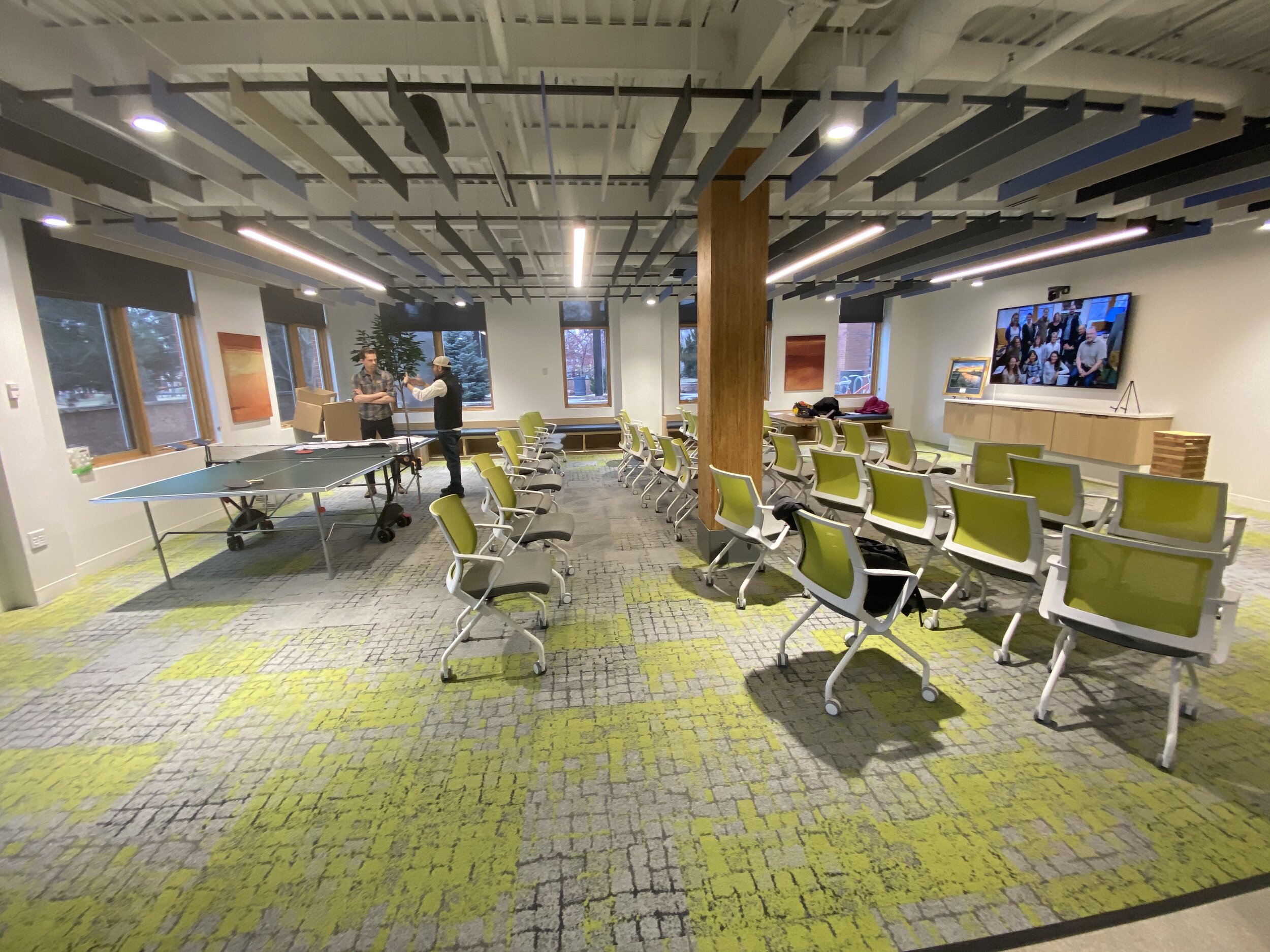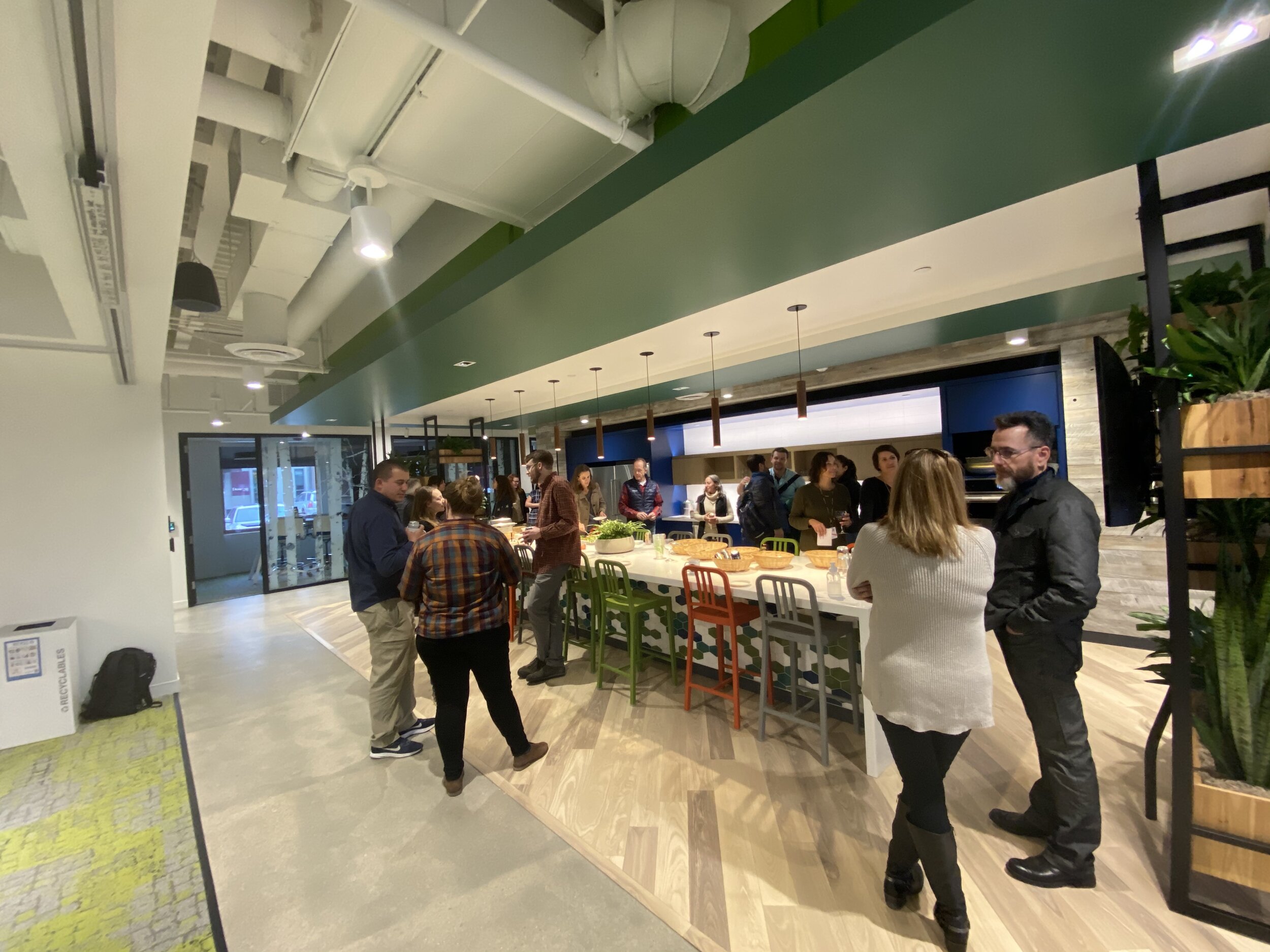Danica recently joined a panel alongside Bill Holicky (Coburn Architecture), Laura Sheinbaum (Boulder Housing Partners), and Pete Weber (Coburn Architecture) at the Colorado Housing Conference to share valuable insights on best practices for creating successful affordable housing developments. Their session, titled Train Wrecks & Fyre Festivals: Avoiding Project Sinking Mistakes, offered a compelling look at how to navigate challenges and avoid pitfalls in the development process.
Although I couldn’t attend the presentation due to my class schedule, I’ve heard glowing reviews from conference attendees who praised their engaging, humorous, and insightful discussion. My classmates at CU Boulder, who recently heard Danica speak on campus, were equally impressed—so don’t mind if I brag a little on her behalf!
From what I gathered, the panel cleverly wove three overarching stories—one about the South Pole, another about a sinking ship, and a third on Heuristic Traps (don’t ask me to define those!)—into their presentation. These narratives set the tone for a compelling dialogue enriched with case studies and lessons learned from their collective decades of experience with building in Boulder and across Colorado.
Upon reviewing their slide deck, I found a series of key lessons and takeaways that are well worth sharing. However, for anyone truly interested in diving deeper, I highly recommend reaching out to these panelists directly for their invaluable expertise. Some of the key themes included:
Hope is Not a Strategy
Build a Team but Avoid Group Thinking
Trust Your Gut & Other Tips
You Gotta Know Your Territory
Local Politics
NIMBYs & NEEDYs
Codes & Process
Community Needs
Local Conditions, Design Matters
Developers Need Partners
Practice Essentialism — More Housing
Lastly, a huge shoutout to the Housing Colorado Conference team! Having attended technology conferences almost annually for a decade during my software career, I can confidently say this event surpassed all expectations. From the stellar organization and stunning mountain location to the delicious food (yes, I’d return for the catering alone), this conference truly set a new standard. The panel format of the presentations was especially impressive—well-structured, highly informative, and filled with actionable insights from key professionals that provided a wealth of valuable takeaways. And the closing keynote speaker, Theo Wilson, delivered a powerful presentation, “When It Hits Home: Why Injustice for Some is Injustice for All,” that left many of us in tears. This inspiring event brought together professionals from government, nonprofits, and the private sector to collaborate on creative solutions for housing Coloradans, and I look forward to attending again in the future.
If you’re considering attending in 2025, don’t wait to register—tickets go fast! Learn more on their website: https://www.housingcolorado.org/page/annualconference
Photos from the conference photo gallery:























